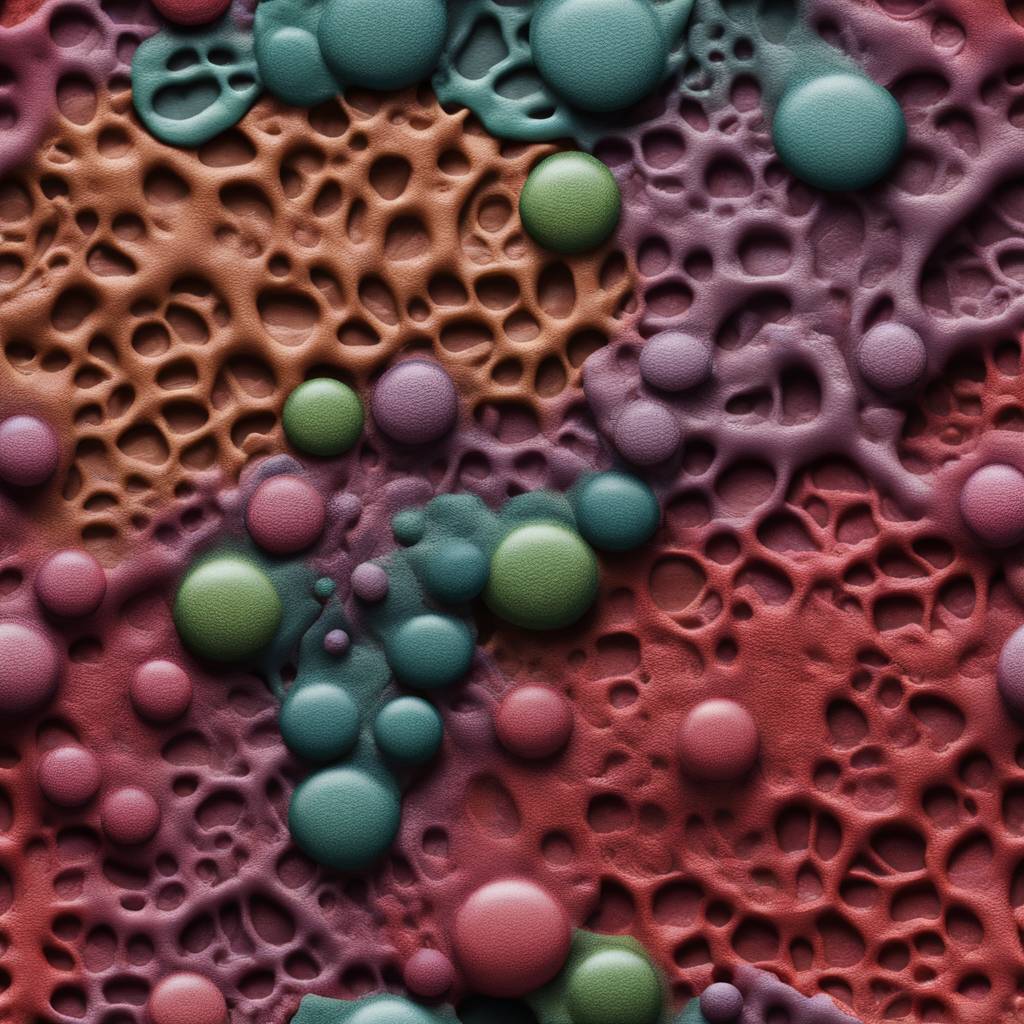Researchers at Imperial College London have developed a breakthrough in sustainable fashion by genetically engineering bacteria to grow animal- and plastic-free leather that dyes itself. Synthetic chemical dyeing is a harmful process in the fashion industry, especially when it comes to products like leather. The researchers aimed to address this issue by creating a self-dyeing vegan, plastic-free leather alternative that has the potential to revolutionize the fashion industry.
By modifying the genes of a bacteria species that produces microbial cellulose, the researchers were able to instruct the bacteria to also produce a dark black pigment called eumelanin. This allowed them to grow sheets of bacterial cellulose in a shoe-shaped vessel to create the upper part of a shoe. The process also involved gentle shaking to activate the production of the black pigment, dyeing the material from the inside. They also created a black wallet using the same technique, showcasing the versatility of their sustainable leather alternative.
In addition to the prototypes, the researchers demonstrated that the engineered bacteria can produce colours in response to blue light. By projecting patterns or logos onto the growing bacterial cultures using blue light, the bacteria respond by producing coloured proteins that glow. This unique method allows for the creation of patterns and logos within the material as it grows, adding a new level of customization and design possibilities to the sustainable leather alternative.
The researchers are now exploring the use of various coloured pigments produced by the material-growing microbes to expand the range of colours available. They have also received funding to continue their work on using engineering biology and bacterial cellulose to address other challenges in the fashion industry, such as eliminating toxic chromium in leather production. This collaboration between scientists and designers highlights the potential for innovation and sustainability in the creation of greener clothes and accessories.
The team at Imperial College London worked closely with Modern Synthesis, a London-based company specializing in biodesign and microbial cellulose products, to bring their research to life. With support from funding agencies like the Engineering and Physical Sciences Research Council and the Biotechnology and Biological Sciences Research Council, the researchers are paving the way for a more sustainable and environmentally friendly approach to fashion production. By harnessing the power of microbes, they aim to make a positive impact on the fashion industry and reduce its environmental footprint.


